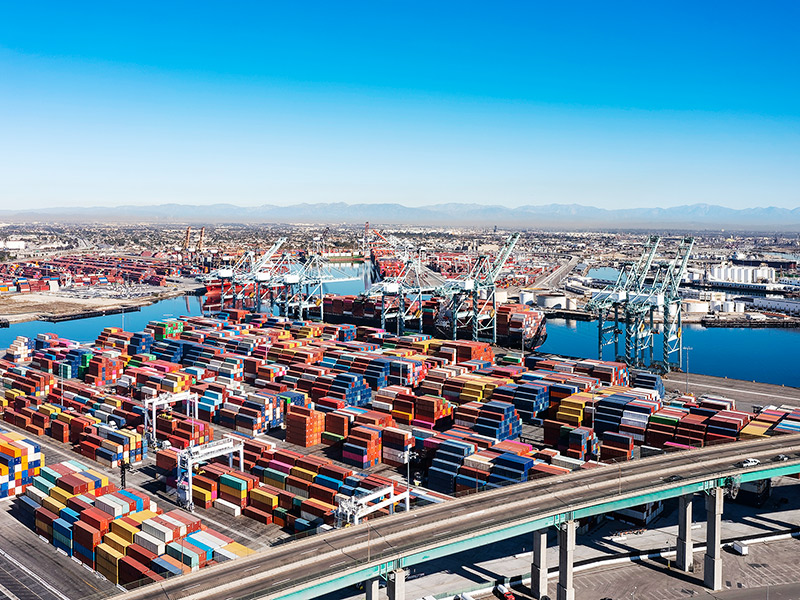
Authors
-
Sara Enright
Former Director, BSR
-
Mark Williams
Former Manager, BSR
-
Martin Benderson
Former Manager, BSR
The Global Impact Sourcing Coalition (GISC)—a collaboration between leading companies to build more inclusive supply chains—is challenging the business process outsourcing (BPO) industry to hire 100,000 new impact workers by 2020. This challenge is made in tandem with our launch of the world’s first Impact Sourcing Standard, designed to increase client companies’ adoption of Impact Sourcing as a high-impact procurement practice by setting out uniform criteria for suppliers.
Together, the standard and the challenge have the potential to drive job creation for economically and socially vulnerable people across global supply chains.
Through participating in GISC, client companies can partner with a network of suppliers around the world that are committed to upholding the Impact Sourcing Standard, which defines required policies, practices, and management systems expected of suppliers that set about hiring, training, and creating career opportunities for employees who were previously long-term unemployed or living below the poverty line. We call these employees impact workers because their employment can help them realize their potential to achieve economic self-sufficiency and support their families and communities.
Kemar, an employee at Sutherland Jamaica, describes his experience: “In high school I was concerned that, based on where I lived, I wouldn’t have the opportunity to be employed. A community leader came to me and said there are people who want to get in contact with youth like myself who grew up in volatile communities [to train us and help us find jobs]. I thought, let’s see what happens, and I am very thankful for the opportunity that was given to me.”
The benefits of Impact Sourcing include the following:

This practice is not just good for impact workers. It also benefits suppliers and their buyers directly. For buyers, the benefits include a more stable supplier workforce, as well as increased social impact and a demonstration of corporate citizenship.
Suppliers, meanwhile, gain access to a large and untapped talent pool, save costs compared with traditional workers, and stand to benefit from increased workforce performance. Cathy Kalamaras, managing executive of people at Webhelp SA, says of the benefits of inclusive employment, “In 2017, we placed 230 Impact Sourcing candidates into our business. Over and above the ROI, which showed a 46 percent cost saving and performance delivery improvements, we have enjoyed the enthusiasm, positive attitudes, and willingness to develop of our new group of colleagues. Webhelp sees this as testimony that this is a sourcing model well worth investing in.”
With the launch of this Standard, GISC is also unveiling our bold challenge to buyers and suppliers: to hire 100,000 impact workers by 2020. By taking part in the Challenge, companies will be contributing to Sustainable Development Goals (SDGs) 8 and 10.

Many of GISC’s members have already stepped up to the challenge, collectively pledging to hire 12,000 impact workers by 2020, with more pledges to come. Murali Vullaganti, founder and CEO of Impact Sourcing social enterprises PeopleShores and RuralShores, says, “As part of our continued commitment to improving lives through Impact Sourcing, we are pleased to respond to the Impact Sourcing Challenge and pledge to hire 3,000 new impact workers across different states of India in our RuralShores business and 1,000 new impact workers across different states of the United States for our PeopleShores business by the end of 2020.”
We invite all buyers and their suppliers to get involved. For more information, please reach out to us.
Topics
Let’s talk about how BSR can help you to transform your business and achieve your sustainability goals.







